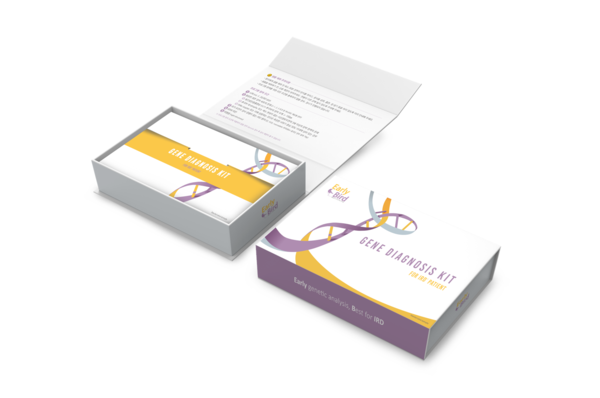Novartis Korea said on Tuesday that it launched the “Early Bird” program to support genetic testing for accurate diagnosis and treatment of patients with inherited retinal diseases (IRD).

IRD is a progressive disease in which the genes of retinal cells are abnormal at birth, causing various visual impairments such as abnormal vision, and sensitivity to light and can even lead to blindness. However, there is still no cure, so most patients can only treat the symptoms.
Moreover, it is difficult to identify the exact causative gene, and many patients are often unable to get an accurate diagnosis.
In 2021, Novartis’ Luxturna (ingredient: voretigene neparvovec), a gene therapy for IRD caused by RPE65 mutations, won approval from the Ministry of Food and Drug Safety.
However, the newly launched program aims to provide accurate genetic diagnosis and interpretation of genetic test results so that IRD patients can receive effective treatment, Novartis Korea said.
To participate in the testing program, patients must meet the following criteria: visual acuity (VA) ≤ 20/60 (binocular), have sufficient viable retinal cells, be under 50 years old, and experience night blindness. In addition, eligible patients with inherited retinal diseases (IRD) should not have undergone previous genetic testing that ruled out variants of uncertain significance (VUS) and RPE65 gene modification.
Healthcare providers who need genetic testing for patients can apply by phone or email, and the delivery of results will be done online to increase accessibility. Genetic testing kits can be picked up and returned via home delivery, and results will be available via email within six weeks of the sample collection.
"For patients with IRD, whose quality of life is significantly reduced, even the possibility of a small cure is urgently needed, so many healthcare providers are emphasizing the importance of accurate diagnosis of the causative gene," said Cho Yeon-Jin, a specialist in Novartis’ Korea’s Cardiovascular and Rare Diseases Division. “Through the Early Bird program, we will continue our efforts to help more patients receive appropriate diagnosis and treatment to live a life without fear of blindness."
Related articles
- SMA patients protest inconsistent reimbursement standards for Spinraza
- Novartis Korea banned from importing epilepsy drug Trileptal 300mg for 1 month
- Novartis Korea ordered to recall water for injection for immunosuppressant due to possible glass particle contamination
- BMS and Novartis’ myeloid leukemia treatments one step closer to being insured in Korea

